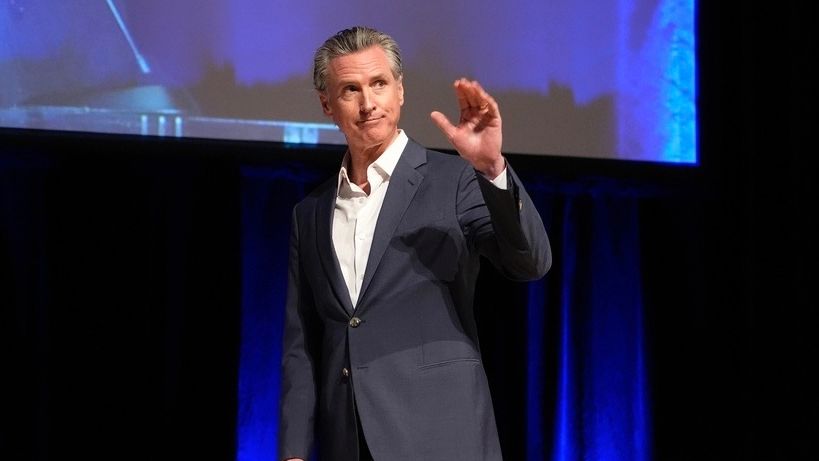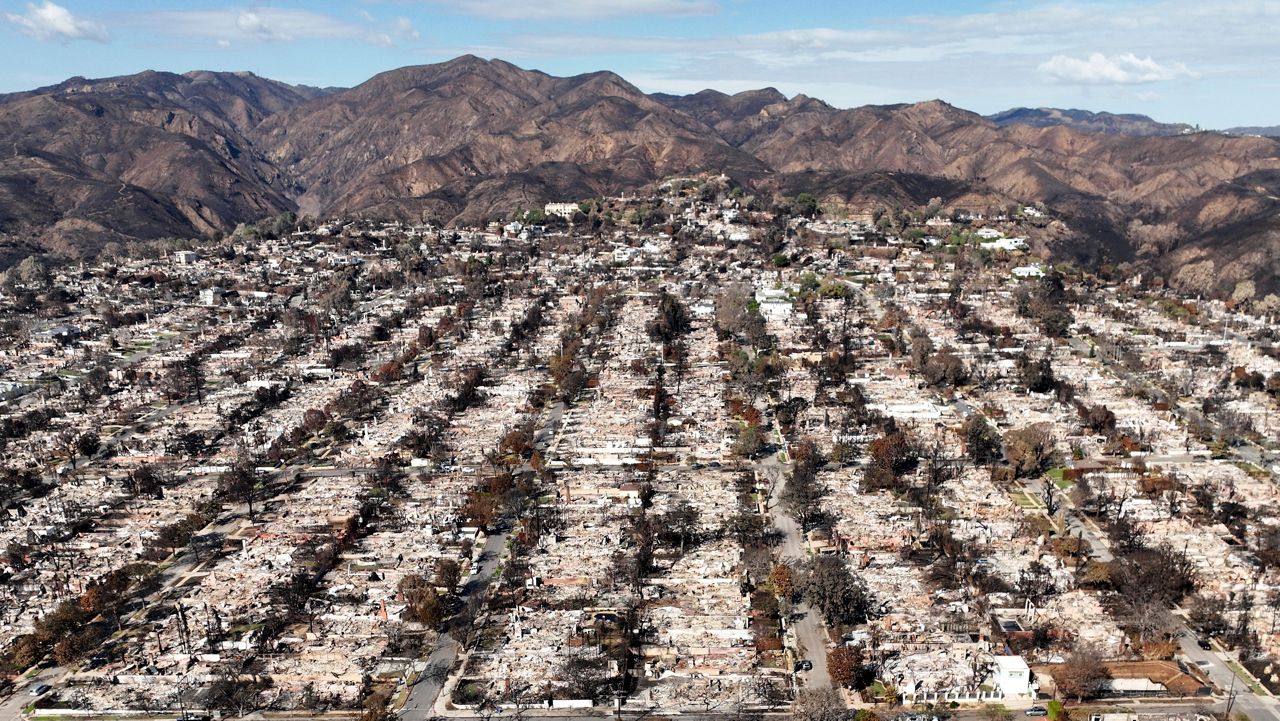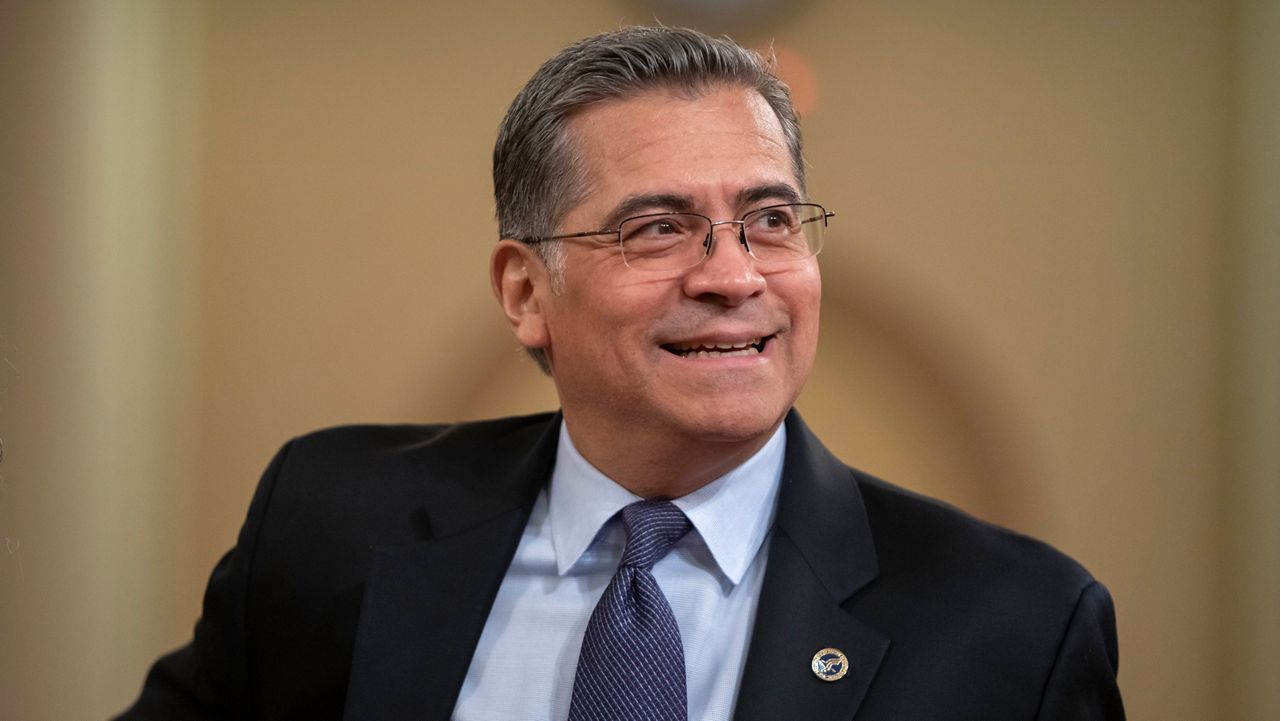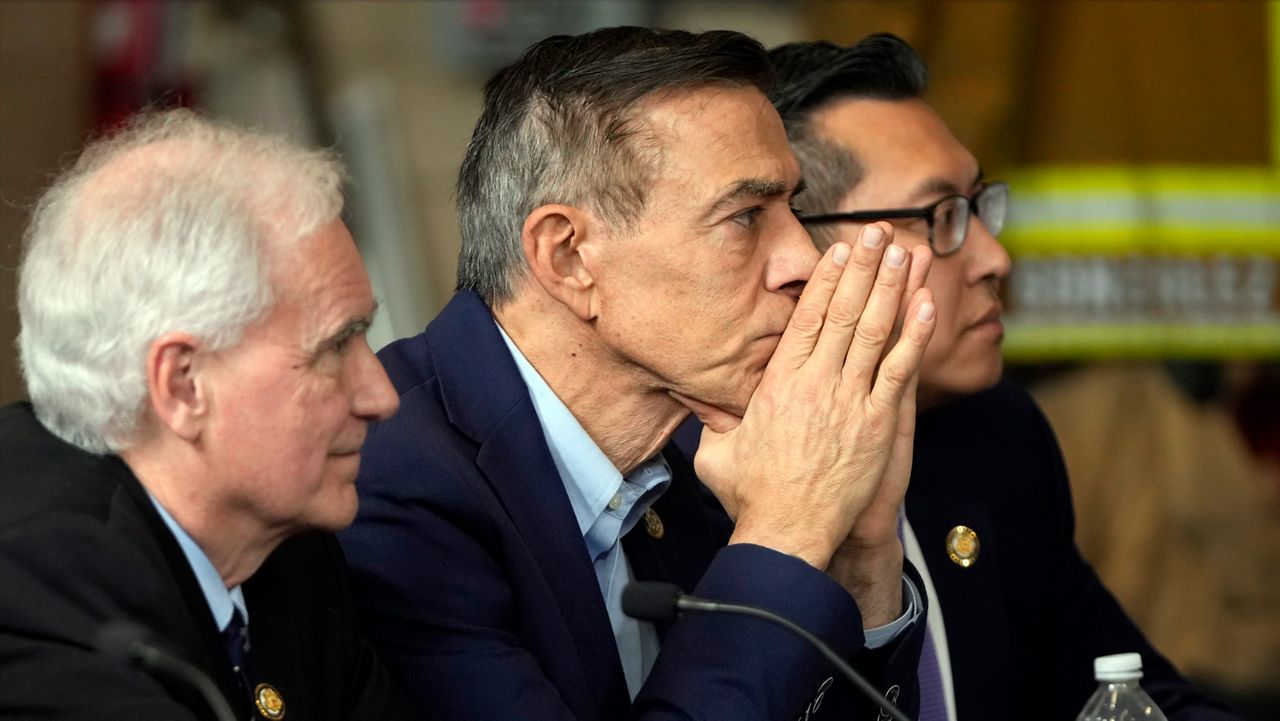As unrest continues on college campuses across the country, experts are predicting the political fallout could far outlast the protests.
“If there's no trouble with the Democratic National Convention, if nothing flares up in the fall, this will all be forgotten,” predicted Morris Fiorina, a professor at Stanford University. “On the other hand, if in fact, there is a major, major disruption at the Democratic Convention, if the campus problems fire up in the fall, then it's bad news for the Democrats.”
The parallels between 2024 and 1968 are striking; in 1968, protesters on college campuses across the country were demonstrating against the Vietnam War. in 2024, they are protesting the war between Israel and Hamas and the innocent civilian casualties that have resulted from the war.
“The Democratic National Convention this year is also in Chicago and the ghosts of 1968 are absolutely casting a shadow on this upcoming convention,” said Omar Wasow, a professor at University of California, Berkeley who has studied the political consequences of the 1960s civil rights movement.
“My guess is though that people will be so hyper aware of that history, that they're going to be managing this event exceedingly tightly, and that it's going to be hard for there to be the same kind of escalation and conflict between protesters and the convention and police [as there was in 1968].”
In 1968, President Lyndon B. Johnson announced he would not be running for re-election, and Richard Nixon had locked up the Republican nomination for president. Democrats would select Vice President Hubert Humphry for their nominee. Public opinion on the civil rights movement and the war divided Democrats, and America elected Nixon president that fall as a result.
“This is a conflict that divides the Democratic Party,” said Fiorina in reference to the war in the Middle East. “I think we're seeing some of that – or put it this way — we could see the potential for that again, if this flares up in the fall.”
“The kids who were doing the demonstrations are not Republican kids. These are Democratic kids. And so this has the same potential to disrupt the Democratic coalition, while the Republicans can just stand by and watch it happen, you know, just don't get involved with all this, let your opponents tear themselves apart,” Fiorina observed.
And in an election year as close as this one — Wasow warns that even small fractions in a coalition can be detrimental to a candidate.
“In my research, what I found in 1968, is that a few percentage points shift in a very close election driven by protests was enough to move the Presidential outcome. And I think there's an echoes of that today,” he explained. “We've got a very close election, we've got a candidate and Trump who's running online order, and opposed to the protests. And then we've got Biden who's trying to hold together this very fractious coalition. And that's going to be a real challenge for him going right through to November.”
Both Fiorina and Wasow agreed these protests are more problematic for President Joe Biden than for Republican challenger former President Donald Trump.
“If [college protests are] perceived as more peaceful, that could help Biden. If they're perceived as more violent, it could hurt him,” predicted Wasow. “I think there's a very echoes of [1968] today. We've got a very close election, we've got a candidate in Trump who's running on law and order and opposed to the protests. And then we've got Biden, who's trying to hold together this very fractious coalition. And that's going to be a real challenge for him going right through to November.”
“The best they can hope for is a wash,” said Fiorina. “These kinds of things simply feeds right into the Trump campaign in a positive way.”
The big difference Fiorina sees is the lack of personal stakes for today's students, compared his contemporaries who came of age during the Vietnam era.
"They were drafting us — we got draft notices when we left college," said Fiorina, who finished his undergrad degree in 1968, and completed post-grad work in 1972. "For most of [today's protesters], this is more of a an abstract conflict that was really touching on their own lives, their own material interests."









